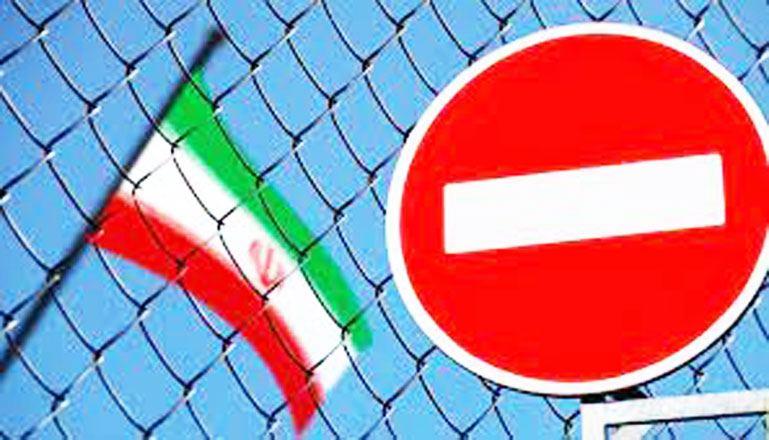
Foreign Investors Could Invest In Iran, If Sanctions Against Lifted - Analyst
Khaghani stated that the key factor for this was the revival of the Joint Comprehensive Plan of Action (JCPOA) and Iran's compliance with FATF rules.
He explained that the lack of progress on these two issues discouraged foreign investors from investing in Iran.
Iranian expert also said that various agreements were reached in different sectors, including the energy sector, during the recent trip of Iranian President Ebrahim Raisi and his high-ranking delegation to Türkiye.
He mentioned that Turkish firms are keen on developing gas fields in Iran's Persian Gulf, both onshore and offshore. But he noted that the sanctions should not be overlooked in this regard.
On January 16, 2016, Iran's nuclear program triggered the creation of the JCPOA between Iran and the P5+1 group (US, Russia, China, UK, France, and Germany).
However, on May 8, 2018, the US announced its withdrawal from the Joint Comprehensive Plan of Action (JCPOA) between Iran and the 5+1 group (Russia, China, the UK, France, the US, and Germany) and imposed new sanctions against Iran as of November 2018.
Over the past period, the sanctions have affected Iranian oil exports and more than 700 banks, companies, and individuals. The sanctions have resulted in the freezing of Iranian assets abroad.
The objectives of FATF are to set standards and promote effective implementation of legal, regulatory, and operational measures for combating money laundering, terrorist financing, and other related threats to the integrity of the international financial system.
During the recent FATF meeting, Iran was warned that it may be added to the list of non-cooperative countries within three months if it does not completely fulfill the FATF requirements. Iran fulfilled 37 of the 41 FATF requirements. The remaining four requirements refer to the legislative field.
The amendments to the Counter-Terrorist Financing Act, Anti-Money Laundering Act, Convention against Transnational Organized Crime (Palermo), and International Convention for the Suppression of the Financing of Terrorism (CFT) were prepared by the Iranian government and sent to the parliament.
Although the four conventions have been approved and sent to the Expediency Council of Iran, the CFT and Palermo conventions have not yet been ratified by the Council.
FATF was established in 1989 on the initiative of the G7 Group to combat money laundering. FATF has 37 members, and its secretariat is in Paris.
Iran was included in the FATF blacklist in 2007. The anti-Tehran steps have been taken since 2009. Thus, the countries were cautious in their financial and banking transactions with Iran.
Taking reciprocal steps against Iran through diplomatic means has been postponed since 2016. FATF included Iran on the blacklist again on February 21, 2020.
---
Follow the author on X (Twitter): @BaghishovElnur

Legal Disclaimer:
MENAFN provides the
information “as is” without warranty of any kind. We do not accept
any responsibility or liability for the accuracy, content, images,
videos, licenses, completeness, legality, or reliability of the information
contained in this article. If you have any complaints or copyright
issues related to this article, kindly contact the provider above.


















Comments
No comment